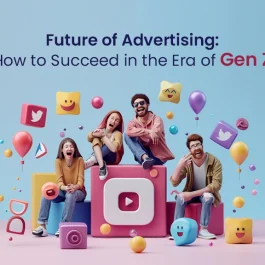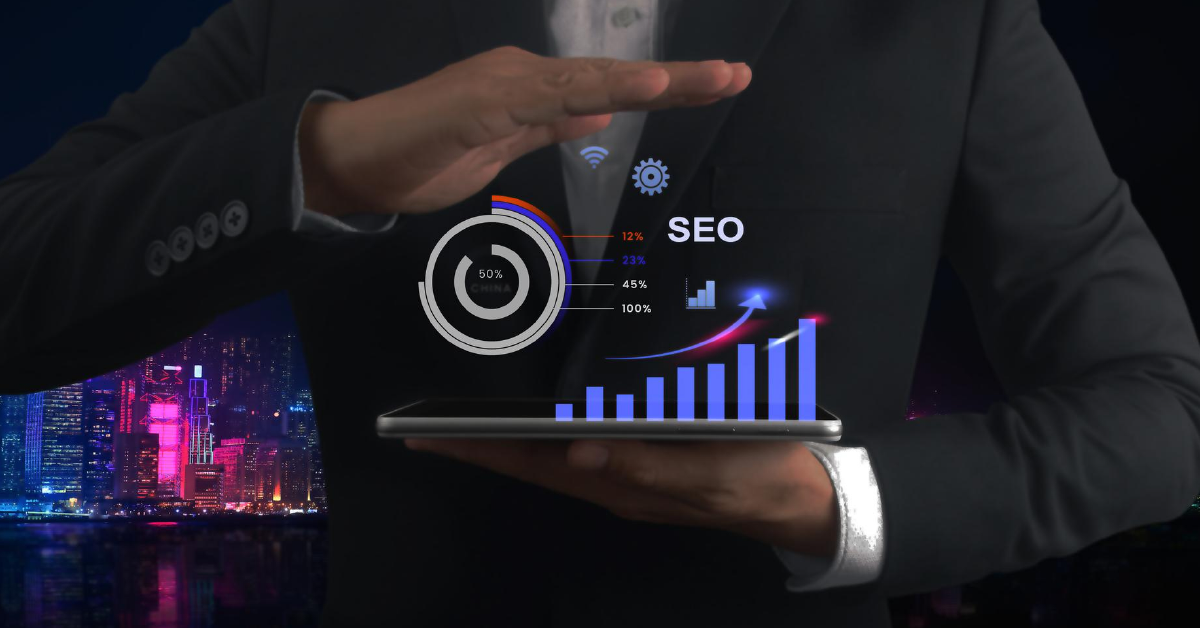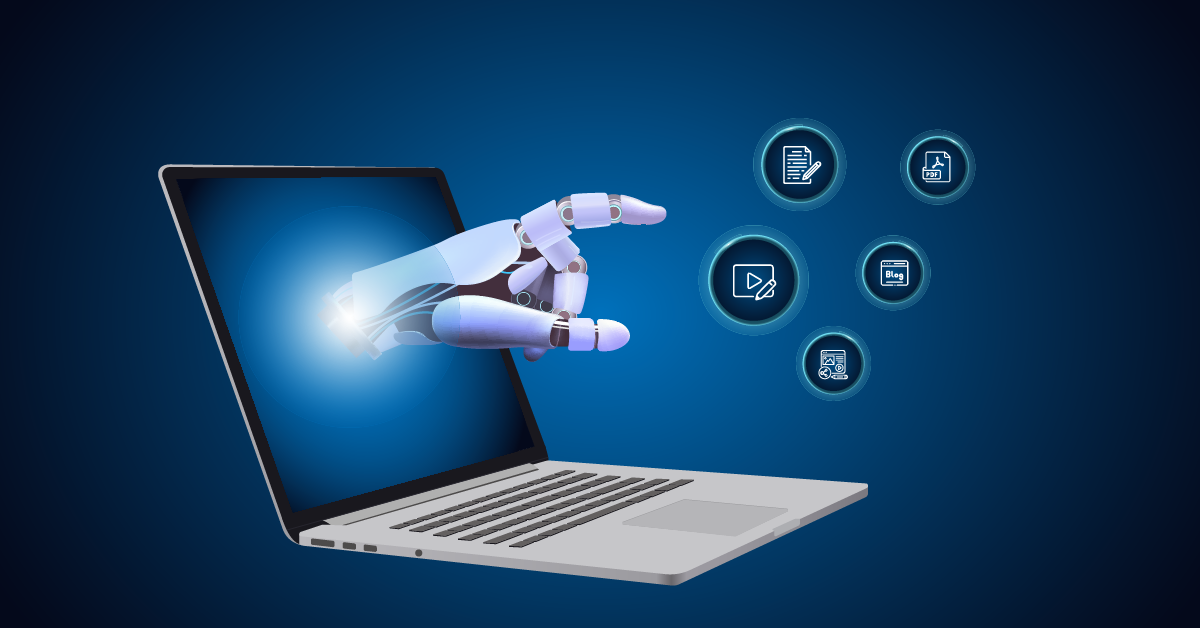3 min read
In today’s rapidly evolving digital environment, businesses are constantly searching for fresh and innovative approaches to stay one step ahead of their rivals. Among the technological innovations that have transformed digital marketing is artificial intelligence (AI). Due to AI’s ability to analyze massive amounts of data and make defensible decisions, marketing strategies have been completely transformed for businesses. We will discuss Digital Marketing 2.0 in this blog post, as well as how companies can use AI to their advantage and see unheard-of levels of success.
Table of Contents
The Evolution of Digital Marketing
Since its beginnings, digital marketing has advanced significantly. At first, it concentrated on search engine optimization, email campaigns, and basic online advertising. Businesses now have additional avenues to reach their target audience thanks to the popularity of social media platforms like Facebook, Instagram, and Twitter. However, there were still restrictions on data analysis and personalization despite these advances.
What is Digital Marketing 2.0?
The next stage of digital marketing’s development is called “Digital Marketing 2.0.” Utilizing artificial intelligence (AI) technologies, it collects and evaluates enormous volumes of data, allowing companies to create highly customized and focused marketing campaigns. This innovative strategy uses AI marketing algorithms to comprehend consumer behavior and preferences, going beyond conventional marketing techniques. Customized experiences can be created by businesses for each customer, resulting in increased engagement and conversion rates.
The Role of AI Marketing in Digital Marketing 2.0
By giving companies the resources they need to thrive in the fiercely competitive digital landscape, artificial intelligence (AI) plays a critical role in digital marketing 2.0. These are a few major areas where artificial intelligence is having a big influence:
3.1 Data Analysis
Data is the foundation of any marketing campaign that works. Still, handling the volume of data that consumers generate can be overwhelming. AI algorithms that analyze data in real-time are able to identify patterns and trends in the data that humans might miss. By examining this data, companies can optimize their marketing strategies and make data-driven decisions.
3.2 Personalization
Businesses can now provide customers with individualized experiences at scale thanks to artificial intelligence. Artificial intelligence algorithms are capable of identifying unique preferences and customizing marketing messages by evaluating customer experiences with AI. Higher engagement rates and greater customer loyalty are the results of this degree of personalization.
3.3 Predictive Analytics
Another area in which AI excels in digital marketing is predictive analytics. AI systems are able to forecast future trends and consumer behavior by examining archives of data. This enables companies to foresee client requirements and provide timely, relevant marketing communications.
3.4 Chatbots and Virtual Assistants
Artificial intelligence (AI)-)-powered chatbots and virtual assistants have grown in popularity in recent years. Customers can get immediate assistance from these conversational interfaces, which respond to their questions and handle problems immediately. Enterprises can enhance customer satisfaction and optimize their support procedures by implementing automated customer interactions.
Read More: Role of Artificial Intelligence in Digital Advertising
Successful Implementations of AI in Digital Marketing
AI has been successfully incorporated into the digital marketing strategies of several businesses. Let us examine a couple of these instances:
4.1 amazon
An excellent illustration of a business using AI to improve its digital marketing efforts is Amazon. Personalized product recommendations are generated by its recommendation engine, which analyzes consumer behavior using machine learning algorithms. Being among the biggest e-commerce platforms in the world is partly responsible for Amazon’s enormous success.
4.2 Netflix
Utilizing artificial intelligence (AI) algorithms, Netflix evaluates user information to make tailored content recommendations based on their viewing preferences.
Netflix can provide highly targeted recommendations and boost user engagement and retention by getting to know individual preferences.
4.3 Spotify
Recommendation algorithms driven by artificial intelligence produced Spotify’s Discover Weekly playlist. Spotify curates personalized playlists for each user every week, taking into account their listening habits and preferences. This has enhanced the platform’s user retention rate while also enhancing user satisfaction.
Challenges and Ethical Considerations
Though AI-powered marketing presents enormous potential for success in digital marketing, there are certain obstacles and moral issues resolve as well.
5.1 Data Privacy
Making sure data privacy is protected becomes critical as companies gather and examine enormous volumes of customer data. To protect user data and keep customers trusting them, businesses need to follow regulations like the General Data Protection Regulation (GDPR).
5.2 Algorithm Bias
The quality of SEO & AI algorithms is dependent on the quality of the data they can train on. Algorithmic bias may arise from biased or inaccurate training data, producing unfair or discriminatory results. To maintain equity and fairness, businesses need to be watchful when identifying and correcting algorithmic biases.
5.3 Transparency
For those who are not technical, AI algorithms can complicate and challenging to comprehend. Enterprises must maintain transparency regarding the integration of AI into their marketing tactics and guarantee that clients are cognizant of the data can gather and its intended use.
Conclusion
Businesses have never-before-seen success rates thanks to AI-powered digital marketing 2.0. Businesses may analyze enormous volumes of data, provide individualized experiences, make data-driven decisions, and automate customer interactions by utilizing artificial intelligence (AI). However, in order to guarantee the ethical application of AI-powered tools in digital marketing companies must confront issues like data privacy, algorithm bias, and openness. In today’s changing digital landscape, adopting Digital Marketing 2.0 will help businesses stay ahead of the competition and see remarkable growth.
Published: December 18th, 2023








